-
Saudi Arabia & the New Politics of the Global Games Industry
In September 2025, a consortium led by Saudi Arabia’s Public Investment Fund (PIF) announced a 55 billion US dollar deal to acquire Electronic Arts (EA), the largest leveraged buyout on record. The consortium agreed to pay 210 dollars a share, roughly 25 percent above the 168 dollars where EA traded before news of the talks…
/
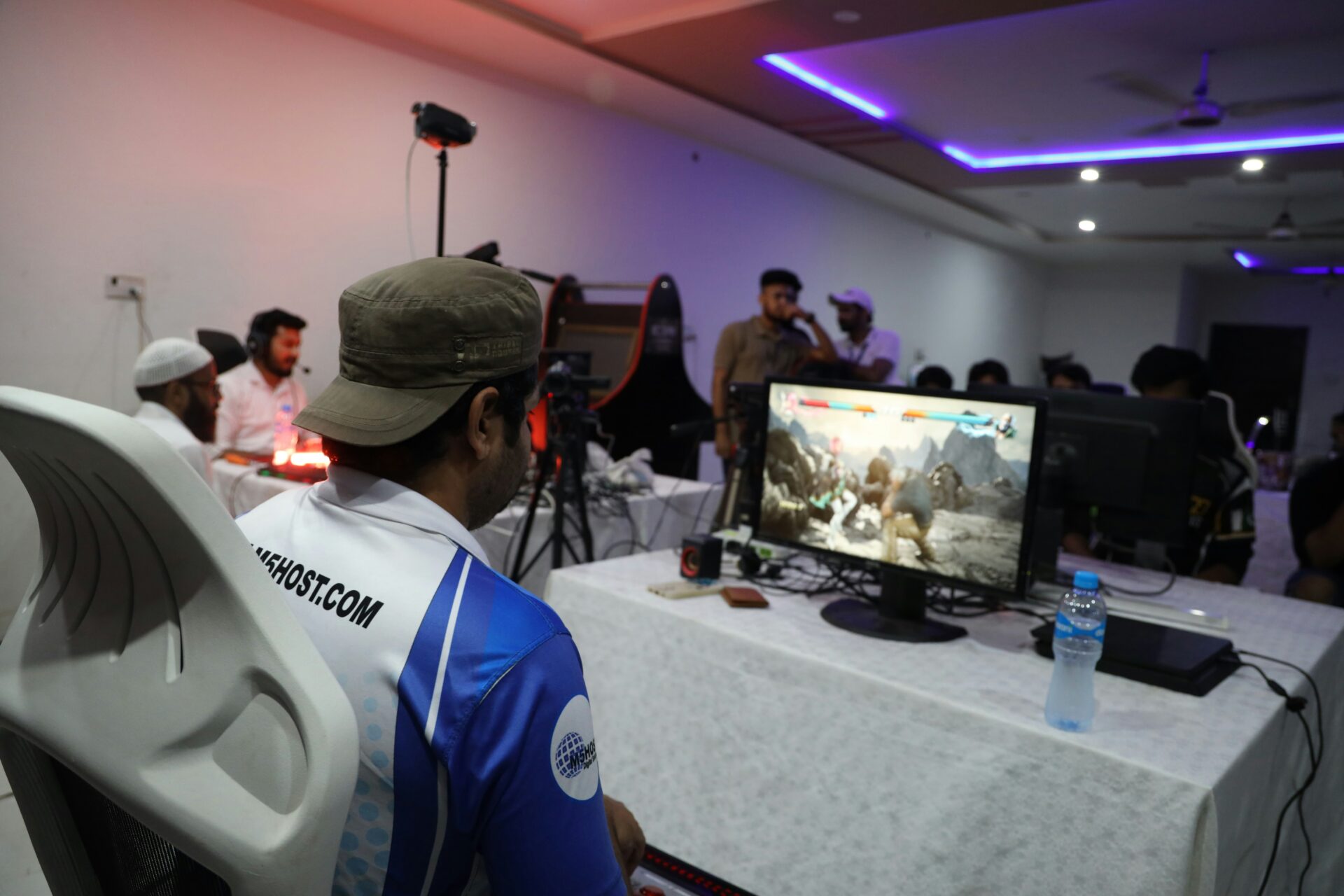
-
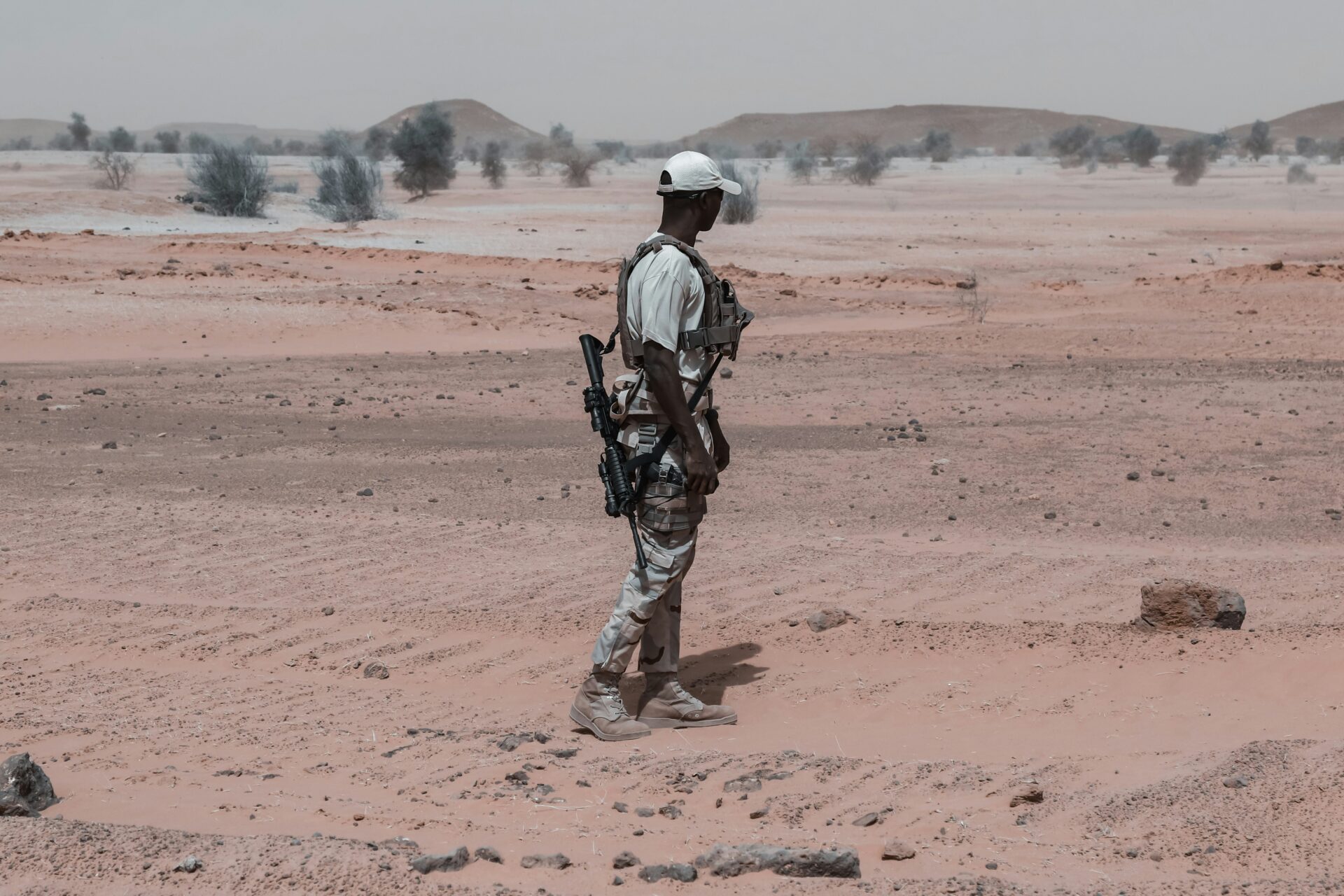
Sudan’s Civil War: Local Drivers and External Influence
The fall of El-Fashir on October 26, 2025 marked a turning point in Sudan’s civil war waged since April 2023. After an eighteen-month siege, the Rapid Support Forces (RSF) seized the last major stronghold of the Sudanese Armed Forces (SAF) in Darfur and immediately carried out mass killings against unarmed civilians, including the reported execution…
/
-
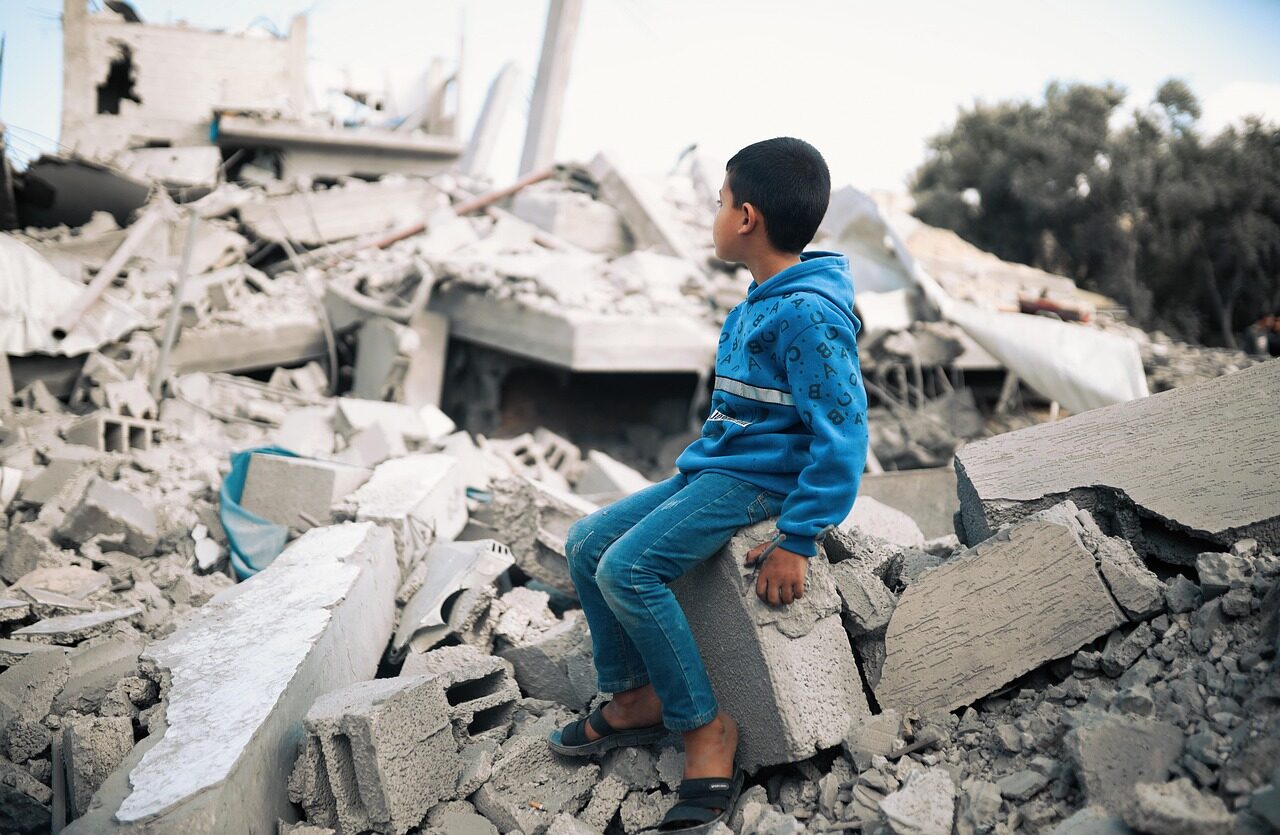
After Trump’s Peace Plan: Three Problems Facing Israel in Gaza
The announcement of Donald Trump’s proposed 20-point peace plan in October 2025 at first seemed to offer the tangible prospect of an end to the ongoing destruction in Gaza, with Hamas signing the agreement on October 9. Complying with the terms of the first phase of the agreement, Hamas returned all of the 20 remaining…
/
-
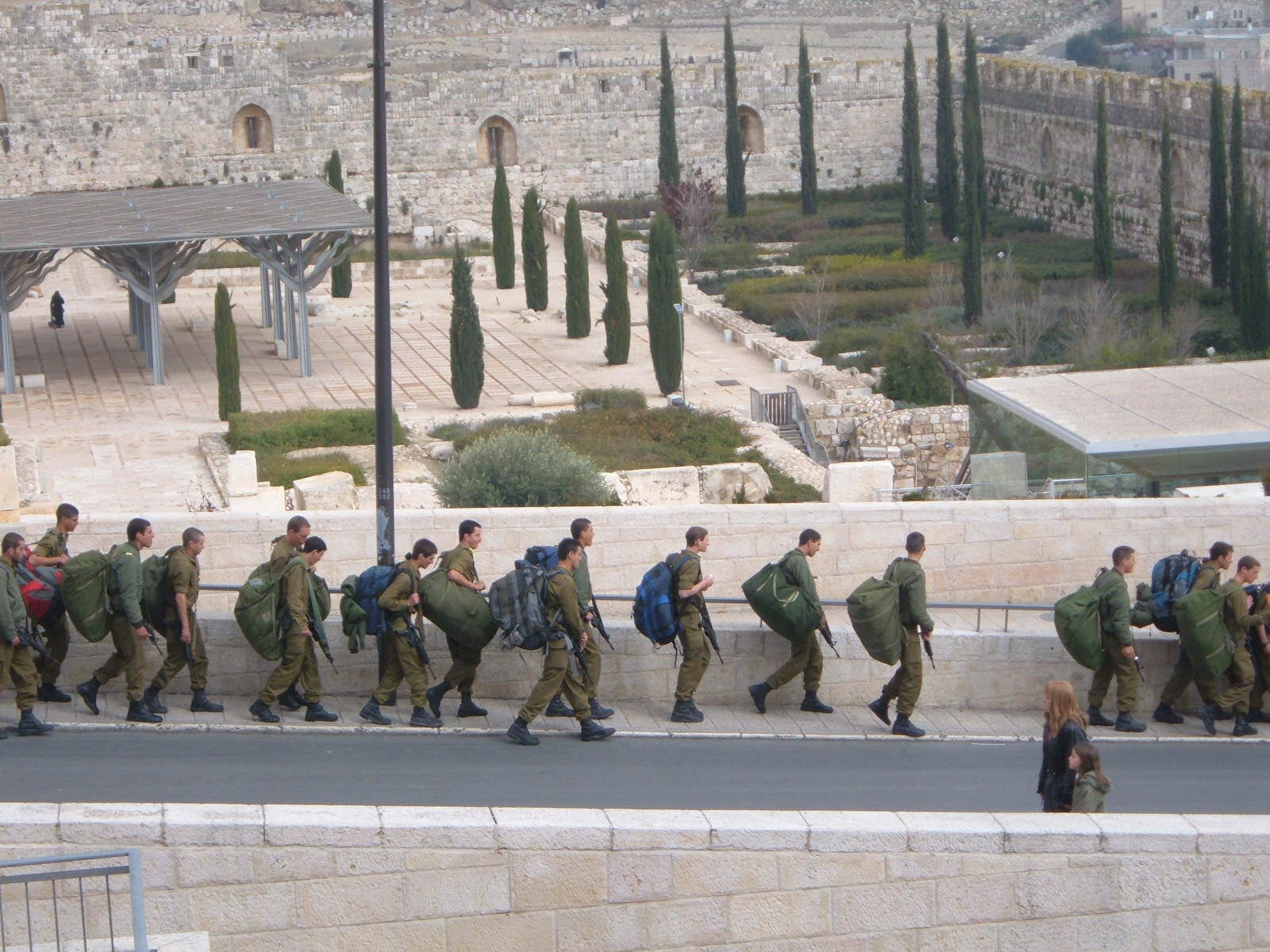
From Ceasefire to Compliance: Assessing Australia’s Policy Options on Gaza
While many Western leaders, including Australia’s Prime Minister Anthony Albanese, initially welcomed the Gaza ceasefire as a potential turning point, hopes of lasting peace in Gaza have been dashed as Israel continues to violate Donald Trump’s 20-point peace plan. The IDF is still bombing Gaza, killing over 200 Palestinians in airstrikes and drone attacks since…
/
-

Negotiating Patriarchal Power in the UAE
The United Arab Emirates presents a compelling narrative of gender progress with its rapid modernisation, extensive educational achievements among women and international recognition for its national policies advancing gender parity. Yet the notion of patriarchal bargaining is critical to understanding the intricate forces that shape women’s empowerment and their capacity to assume leadership roles in…
/
-
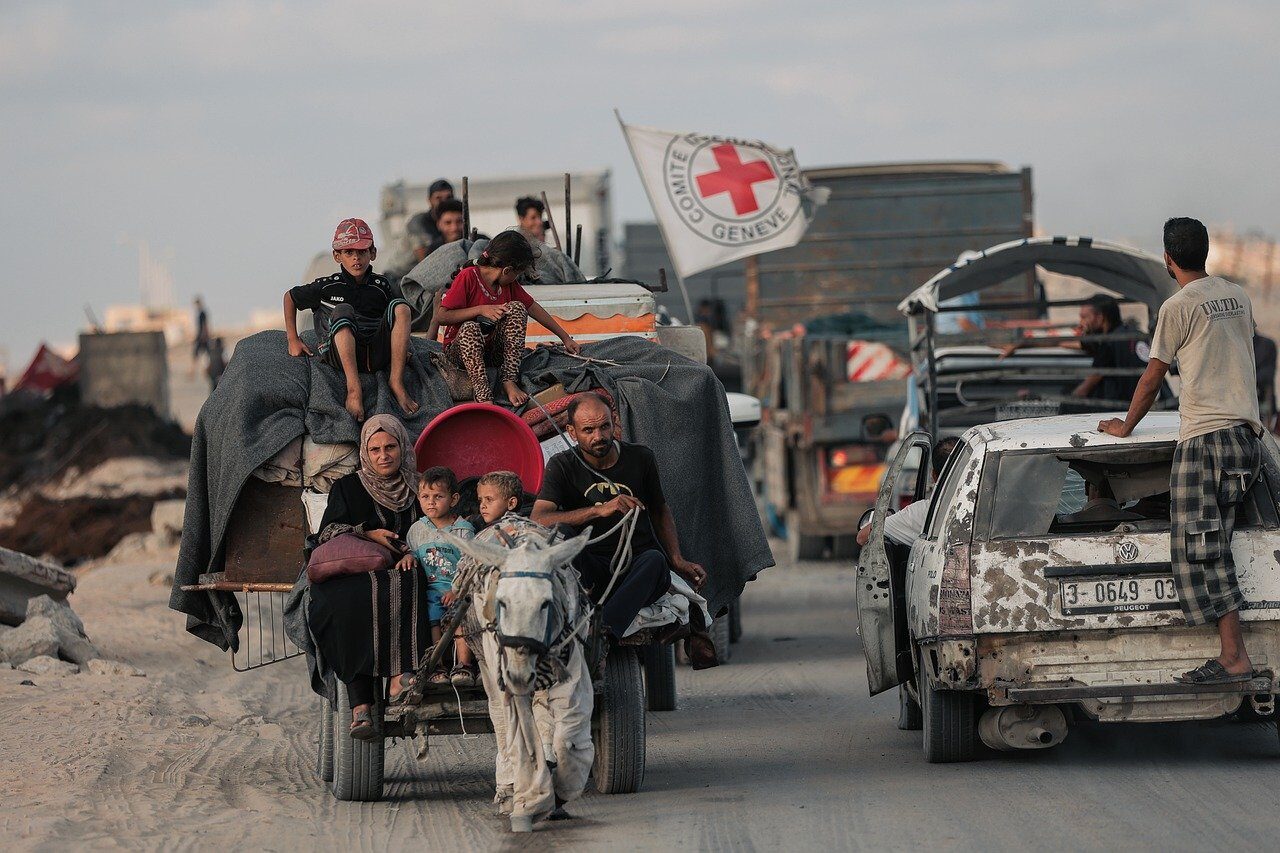
Suspended Law: Israel and the Coloniality of Impunity
Since October 2023, Gaza has endured an unprecedented intensive military offensive, defined by massive bombardments, the systematic demolition of civilian infrastructure and the imposition of a siege. This war operates in a broader scenario of military impunity that increasingly challenges international law, whereby Israel simultaneously conducts extraterritorial strikes in Syria, Lebanon, Iran, and Yemen with…
/
-
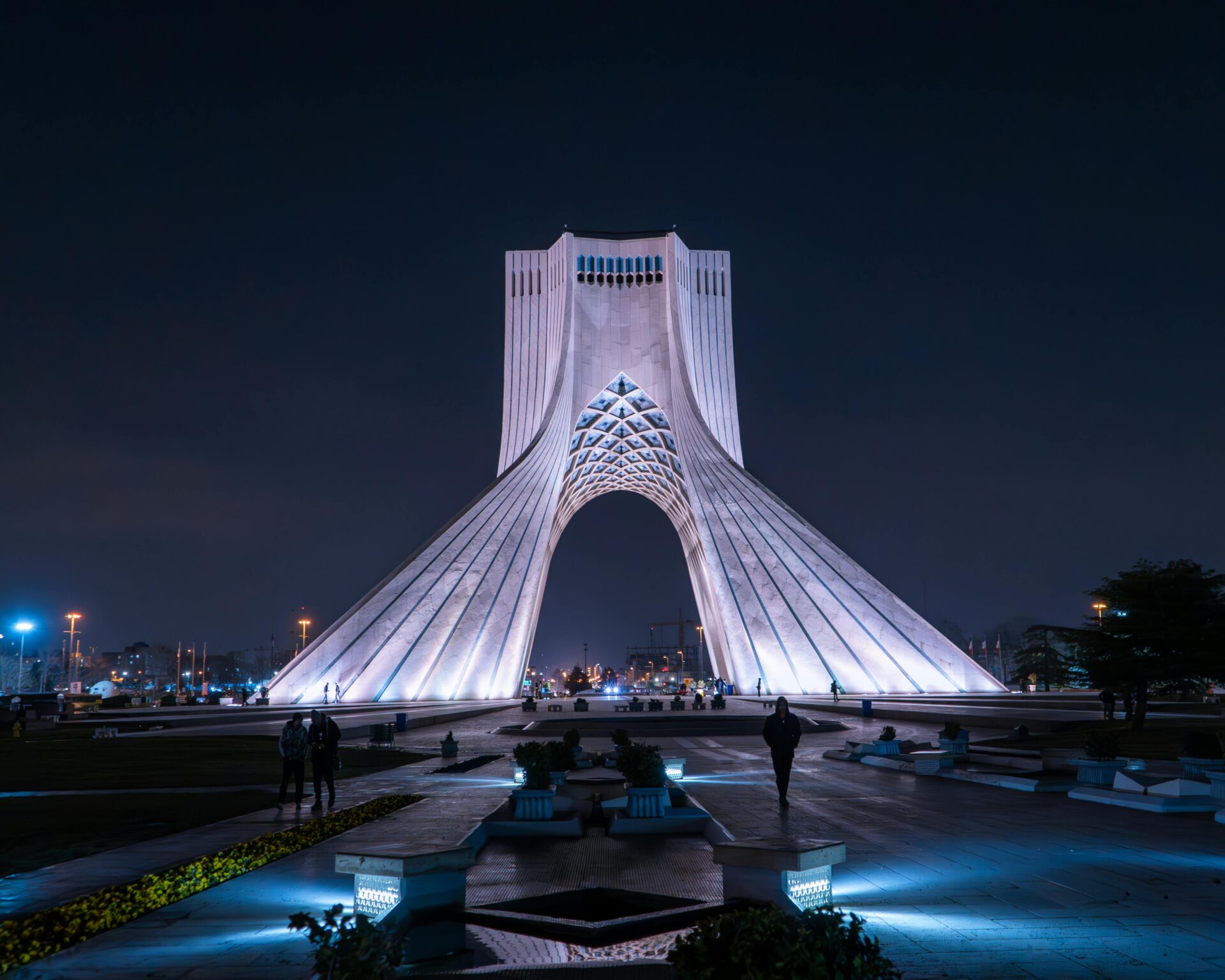
Re-calibrating Deterrence: Iranian Threat Perceptions in a Shifting Regional Order
Iran’s threat perceptions, which centre the regime’s own survival, have been sharply triggered by Israel’s war in Gaza and the subsequent attacks on its soil. This has rendered its traditional forward defense strategy increasingly less viable amid the degradation of its long-time posture of regional deterrence. To safeguard its interests, Tehran is re-calibrating along two…
/
-
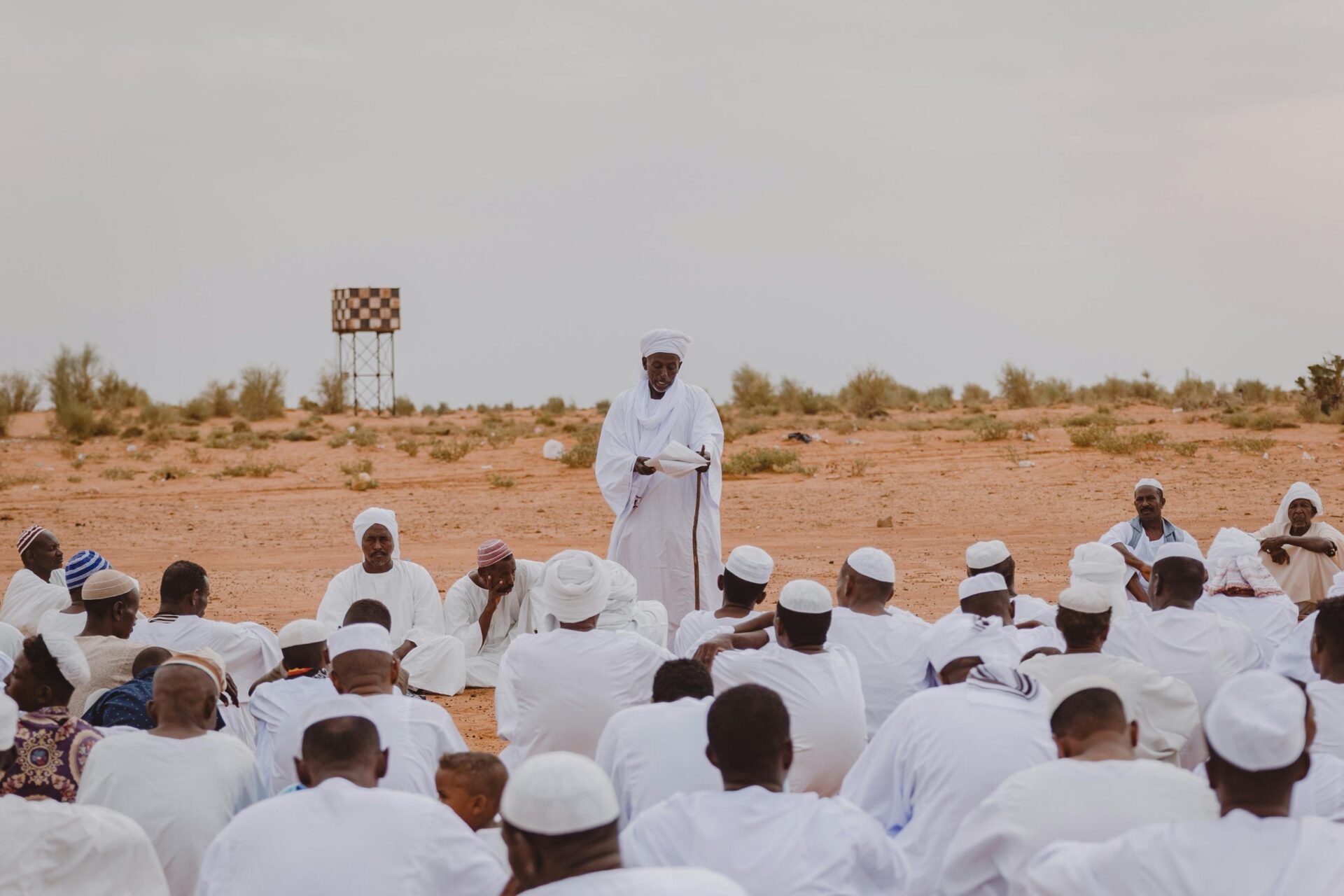
Political Islam and State Fragility in Sudan: A Nation on the Brink
The United Nations has described the current crisis in Sudan as the world’s largest humanitarian crisis. The war that erupted on 15 April 2023 in Sudan between the Sudanese Armed Forces (SAF) and a powerful paramilitary group, the Rapid Support Forces (RSF) has resulted in famine and allegations of genocide in the western Darfur region.…
/
-

Shifting Political Dynamics in Lebanon
Iran’s forward defense strategy, coupled with strategic miscalculations, has led to a retrenchment of its role in Lebanon’s domestic politics; a curtailment which in turn has reduced Hezbollah’s power base. This weakening has resulted in a marked shift in the balance of power, tilting deterrence in favor of Israel, the US, and Hezbollah’s opponents within…
/
-
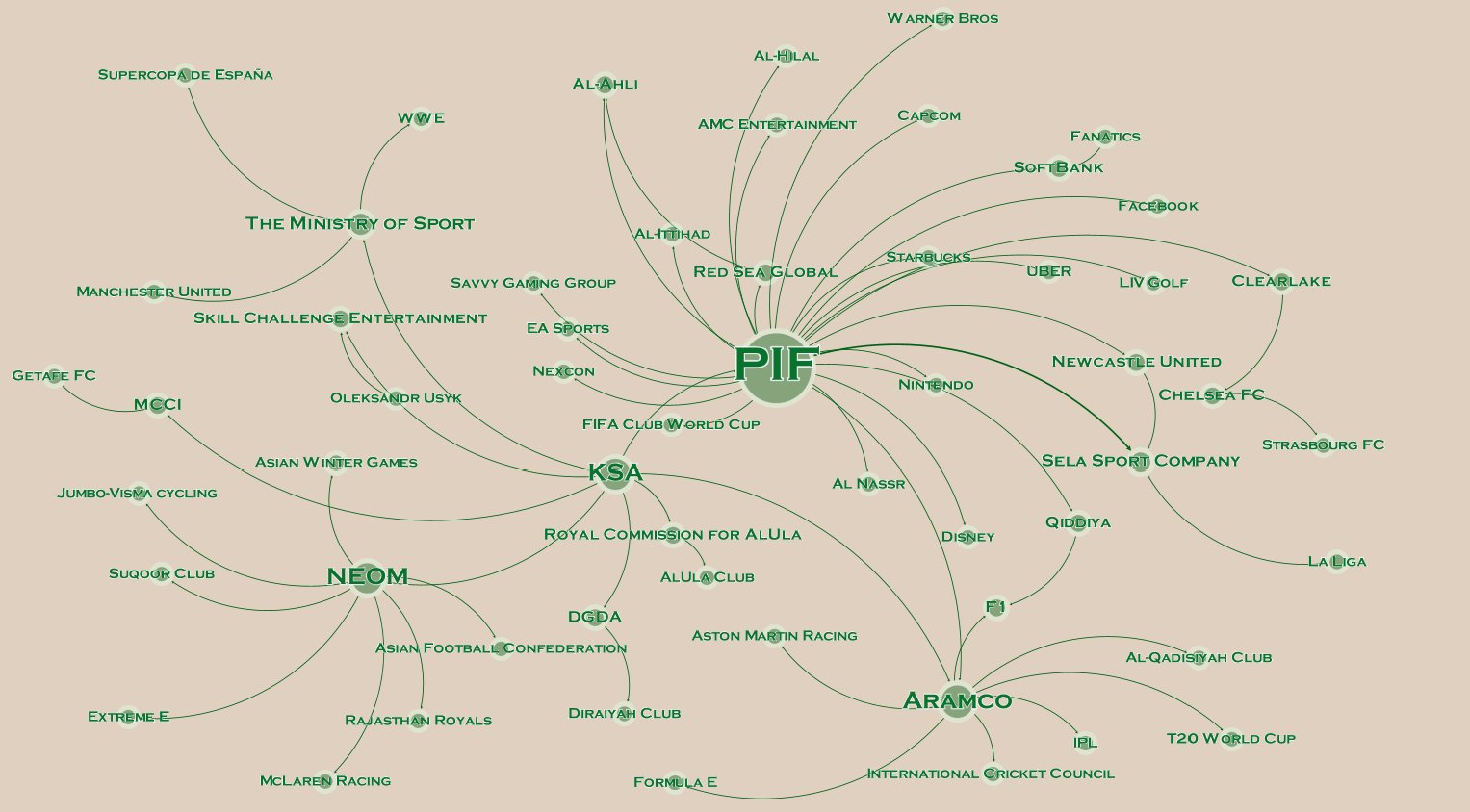
Mapping the Politics of Saudi Arabia’s Sports Investments
Saudi Arabia continues to make news with its investments in sports with the Saudi Pro League football clubs recently privatised, LIV Golf agreeing to a merger with the PGA and DP Tours, and a host of player transfers to the country’s top football clubs. Many observers have been shocked by the pace, reach, and unexpected…
/
-
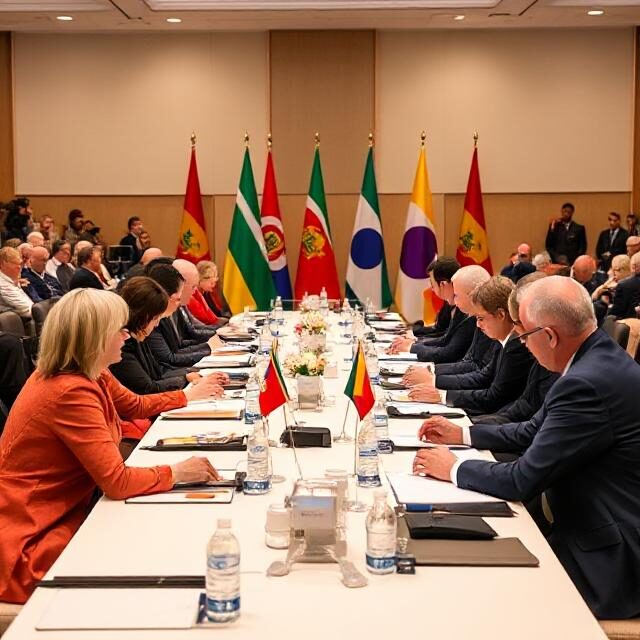
Central Asia’s significance in a Future Multipolar World
As global dynamics continue to shift, the importance of countries in the Global South, such as those in Central Asia, is further elevated. This elevated importance helps explains the recent expansion of BRICS into Central Asia, and reflects the region’s growing economic and geopolitical significance. Central Asia, with its strategic location and abundant resources, has…
/



